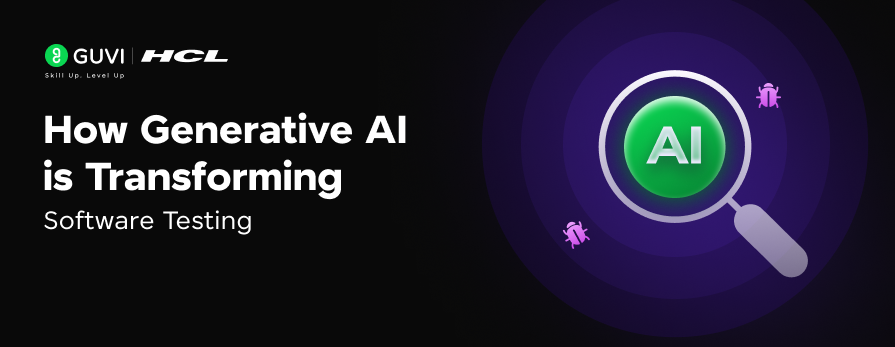
How Generative AI is Transforming Software Testing
Oct 24, 2024 3 Min Read 1127 Views
(Last Updated)
Generative AI took the world by storm and it has its influence on almost every field of study out there and software testing is no exception. Yes, you heard it right, Generative AI is transforming software testing as well.
It does so by introducing unprecedented efficiency and accuracy. By leveraging advanced AI algorithms and machine learning this technology empowers Quality Assurance (QA) teams to automate banal tasks which enhances a wide area of test coverage and improves the software quality of software testing.
We don’t want to reveal too much here, let us dig deeper and experience everything in detail. So, let us get started and understand how generative AI is transforming software testing!
Table of contents
- Understanding Generative AI in Software Testing
- Test Smarter Not Harder: How Generative AI is Transforming Software Testing!
- Generative AI: The Bug Hunter!
- Conclusion
Understanding Generative AI in Software Testing
What is Generative AI?
Generative AI is a subset of artificial intelligence and is revolutionizing how we interact with this awesome technology. At its core, it is about creating new content. Unlike traditional AI models which focus on analyzing data to make predictions or decisions, Generative AI learns from patterns of existing data and then generates new original content.
Think of it as teaching a computer to paint by showing it thousands of paintings. Once it understands the styles, colors, and techniques, it can create its own unique artwork. This concept applies to various forms of content, including text, images, music, and even video as well.
The power of Generative AI lies in its ability to mimic human creativity. It can write poems, compose music, design logos, and even generate realistic images. For instance, tools like ChatGPT can produce human-quality text, while DALL-E can create stunning visuals based on textual descriptions.
While still in its early stages, Generative AI has immense potential. It can accelerate content creation, inspire new ideas, and even solve complex problems.
With respect to our topic on how generative AI is transforming software testing, it does so by analyzing vast amounts of data to identify patterns and predict potential issues which enables proactive defect prevention and detection.
With the ability to generate comprehensive test reports and optimize test suites, the Generative AI is transforming software testing by streamlining the testing process and freeing the human experts in software testing to focus on more complex problem-solving.
Ultimately, the integration of Generative AI in software testing signifies a significant leap forward which promises to deliver higher quality software products to the clients at a very accelerated speed.
If you want to learn more about Gen AI through a self-paced course that includes industry-grade certification, consider enrolling in GUVI’s Generative AI Course which teaches you everything related to it!
Test Smarter Not Harder: How Generative AI is Transforming Software Testing!
One of the key ways in which generative AI is transforming software testing is by test case generation. By analyzing software requirements and specifications AI models can automatically create comprehensive test cases covering various aspects, scenarios, and edge cases of software testing.
This significantly reduces the time and effort required for manual test case design. Moreover, the Generative AI can continuously learn from test results and adapt test cases to improve coverage and detect potential defects early in the development cycle.
Another important use case of generative AI is in test data generation. Creating realistic and diverse test data is crucial for effective testing, but it can be a time-consuming and challenging task.
Generative AI can generate synthetic test data that closely resembles real-world data, helping to identify system vulnerabilities and improve test data quality. Additionally, AI can analyze existing test data to identify patterns and anomalies, which can help uncover hidden defects.
Generative AI also plays a vital role in test automation. By automating repetitive test tasks, AI can free up testers to focus on more complex and strategic testing activities.
AI-powered test automation tools can intelligently select test cases, optimize test execution, and analyze test results to identify areas for improvement. Furthermore, generative AI can help in creating self-healing test scripts, which can automatically adapt to changes in the application under test.
Overall, generative AI is transforming software testing industry by improving efficiency, coverage, and accuracy. By automating test case generation, test data creation, and test execution, AI empowers testing teams to deliver higher-quality software products faster.
Generative AI: The Bug Hunter!
One of the most significant ways that Generative AI contributes to bug detection is through the process of Anomaly Detection. By analyzing code, system logs, and user behavior Generative AI models can identify patterns that deviate from the norms of software development. These anomalies often tend to the presence of bugs or vulnerabilities in the software system.
For example, a Generative AI model might detect unusual error messages, performance issues, and security breaches by identifying patterns that differ from historical data that exists as training data.
Also, Generative AI can be used to create sophisticated secure test cases and test suites that are specifically designed to uncover hidden bugs and errors.
By understanding the intricacies of software functionality and its potential weaknesses the Generative AI can generate test scenarios, test suites, and test cases that can challenge the system’s limit where it can break. This helps us to identify Edge Cases and vulnerabilities that might be overlooked by traditional testing methods.
Conclusion
In conclusion, we can say that Generative AI is a game-changer in bug detection. It has the ability to analyze data, identify patterns, generate insights, and provide the software development and Quality Assurance (QA) team with a very powerful tool for improving software quality.
By leveraging Generative AI, organizations can accelerate bug detection, reduce development costs, and deliver more reliable software products of the best quality.

















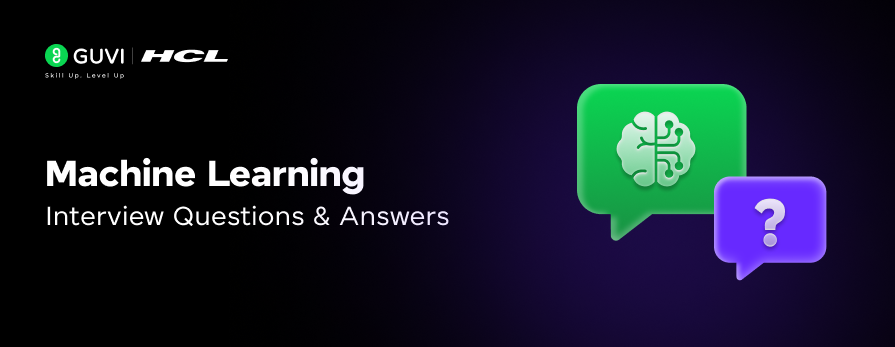
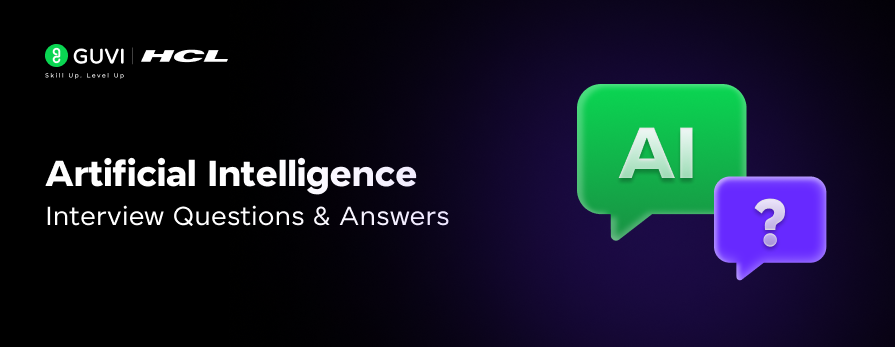
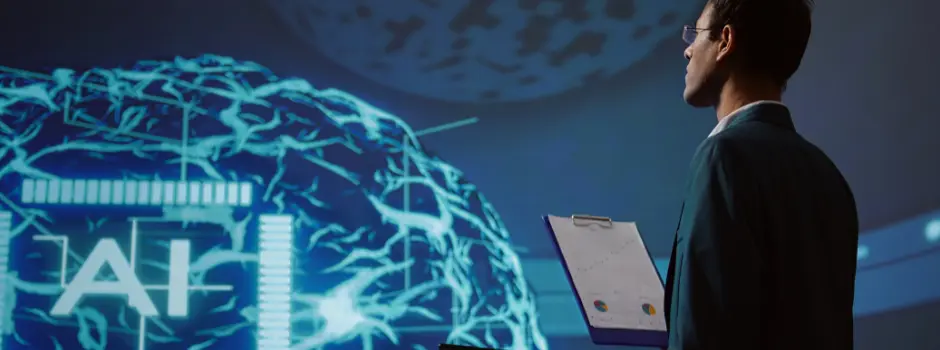
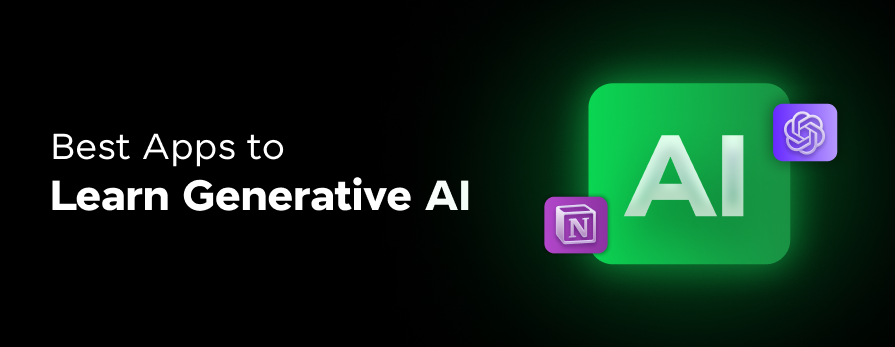


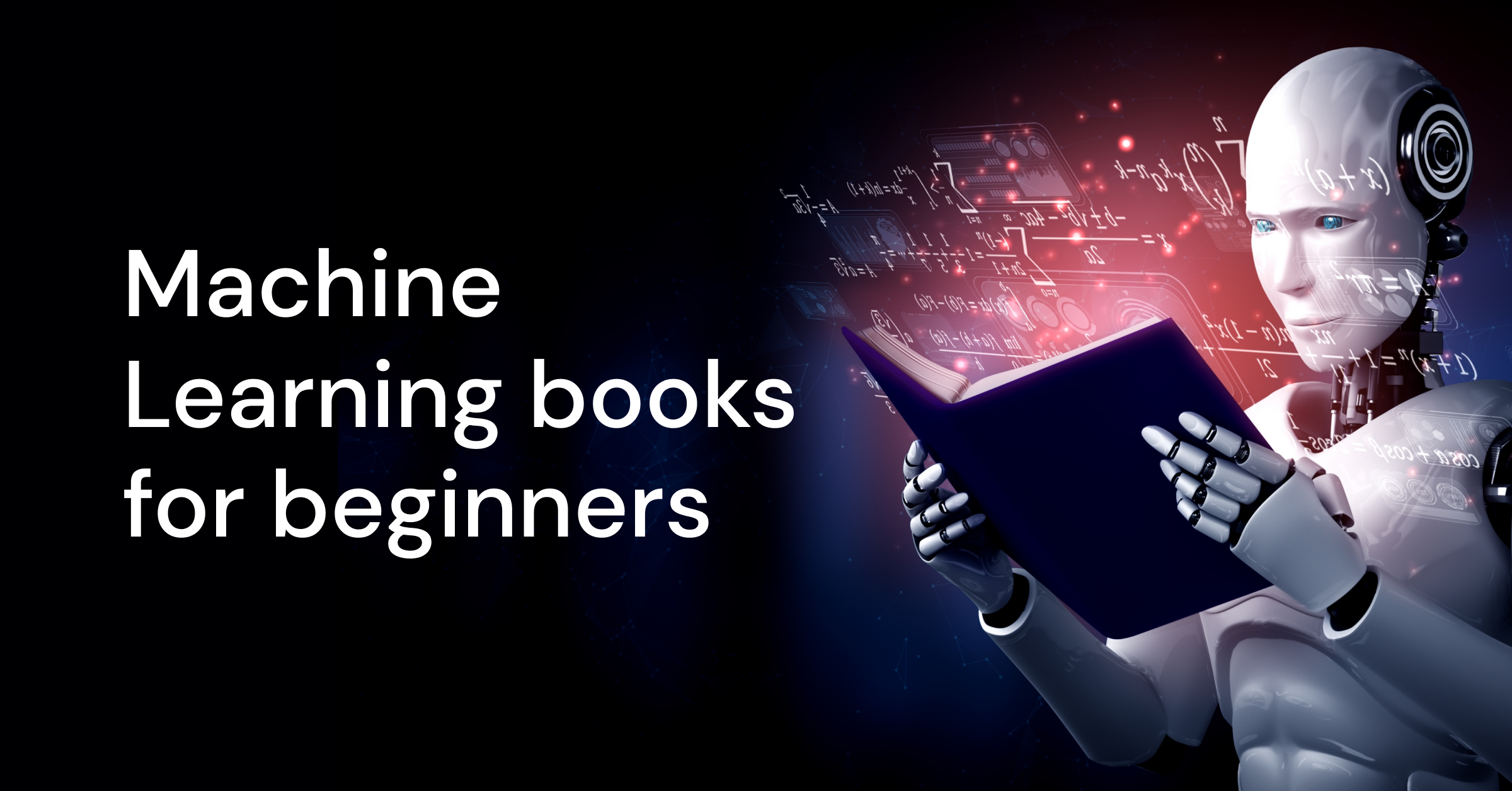
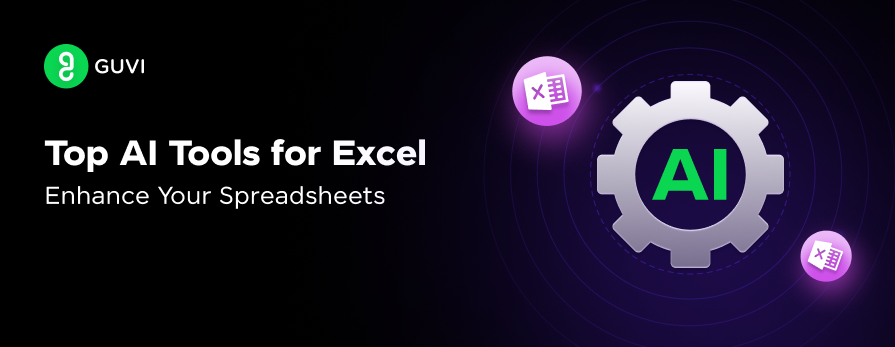

Did you enjoy this article?